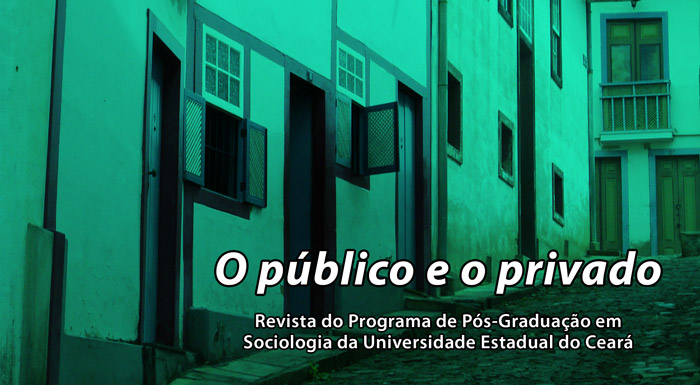How to be freer? Politics, economy, and the genealogy of the idea of God in Proudhon
Keywords:
Politics, Economy, Philosophy, AnarchyAbstract
Noticing the functioning of a logical articulation between an absolute in thought and political absolutism, Proudhon, through the economy, formulates a radical anarchic critique of politics, be it in thought, be it in the space of social relations founded in defense of property, which is to say, of privilege. His critique deconstructs the authoritarian logic which, according to him, echoes in the practices of an unitarian, centralizing government. But if governmental authoritarianism is bound to thought authoritarianism, then first political philosophy is bound to theology. The correspondence, then, between government and religion on one side, and philosophy and theology, on the other. So composes Proudhon an analytical point-of-view of the issue of correlation between authority and liberty by the hypothesis of God, which allows him to think about politics remaining in the antinomic tension of confrontations. It is this anarchical critique that this article presents in a succinct manner, seeking to evoke new dialogue and relevant developments.











